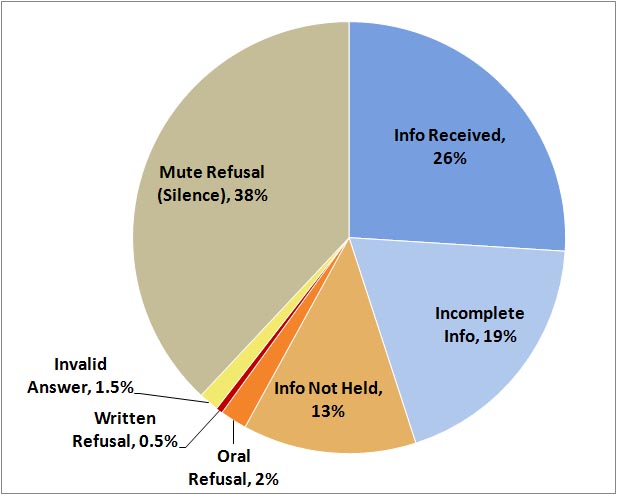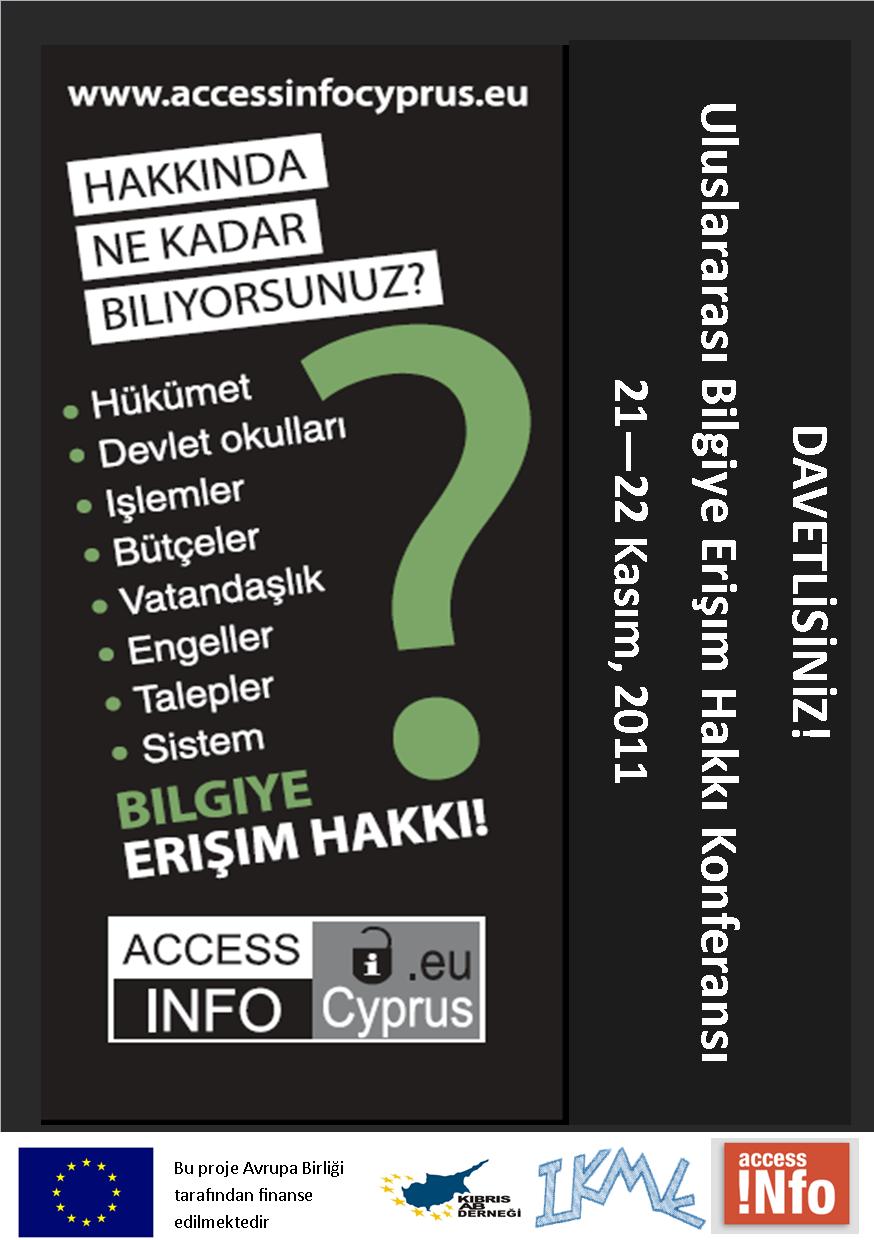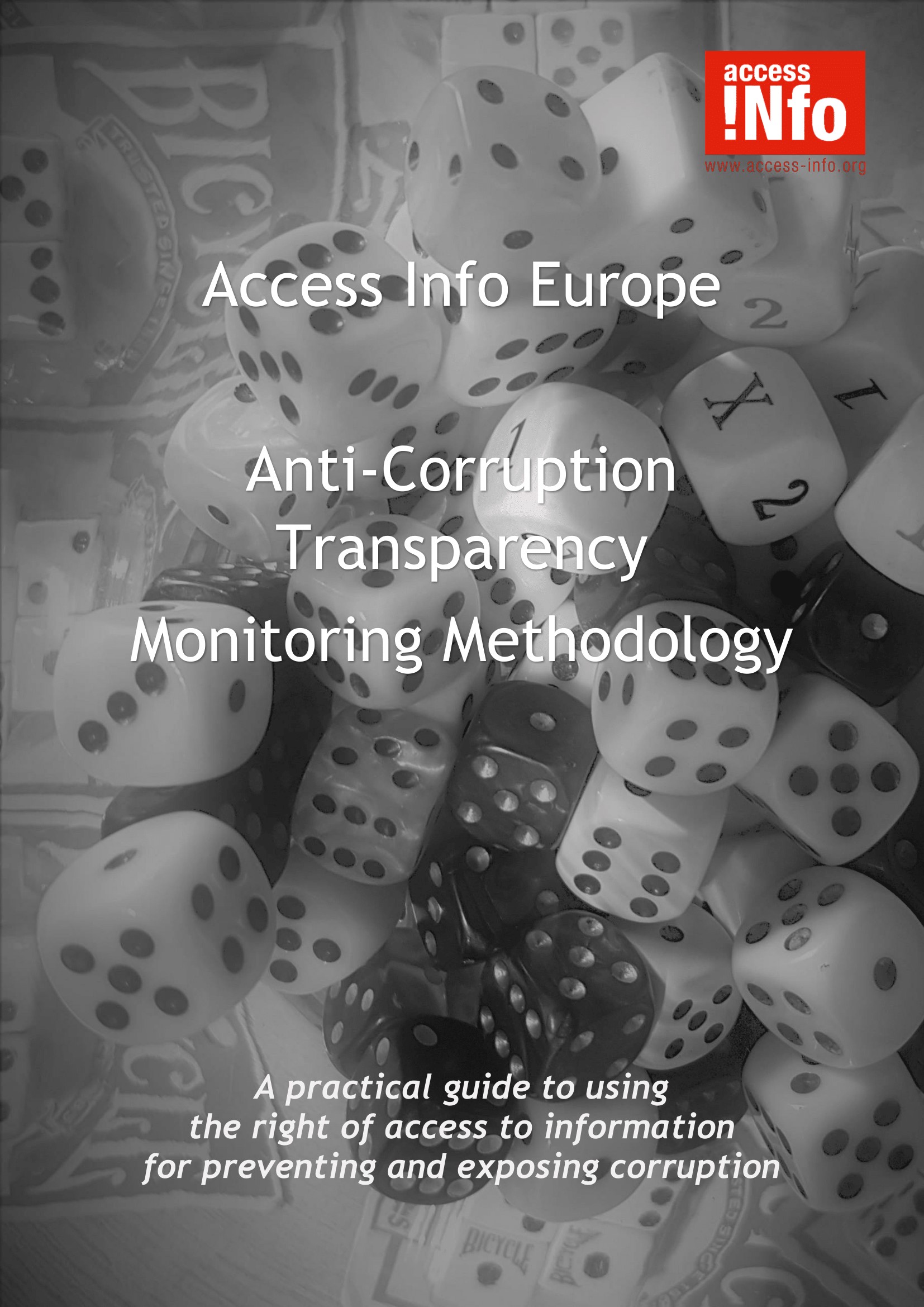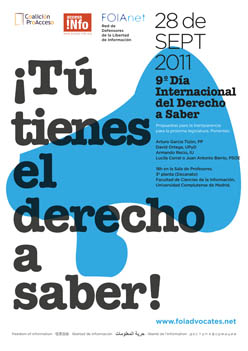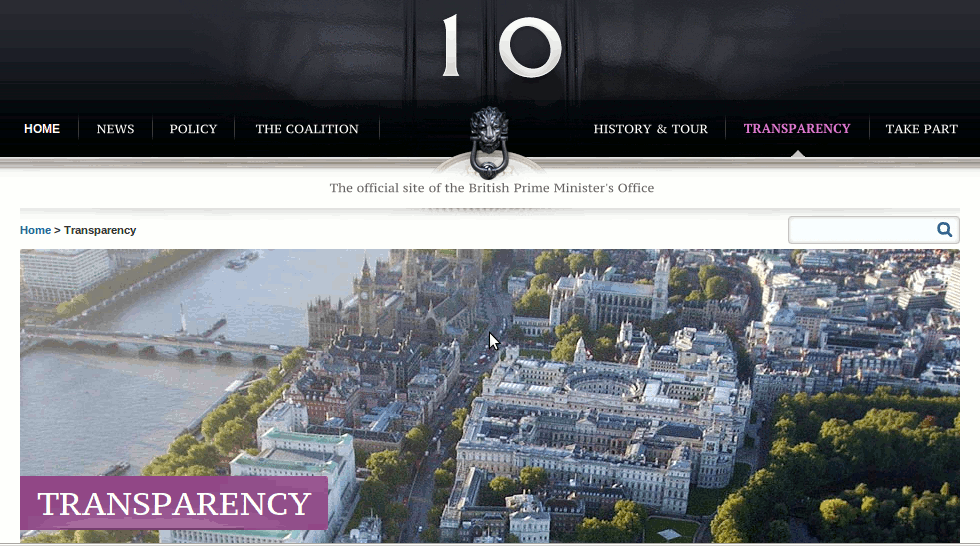RTI Rating
Helen Darbishire2020-02-14T12:38:36+01:00World's First Rating of Right to Information: 89 Countries Ranked www.RTI-Rating.org 28 September 2011 - On International Right to Know Day, Access Info Europe and the Centre for Law and Democracy launched the first detailed analysis of the legal framework for the right to information (RTI) in 89 countries around the world. The findings of the RTI Rating show that there is a significant variety in the quality of the legal framework, with scores out of a maximum possible 150 ranging from 39 (Austria, one of 30 countries currently pending final review by national experts) to 135 (Serbia). The current

